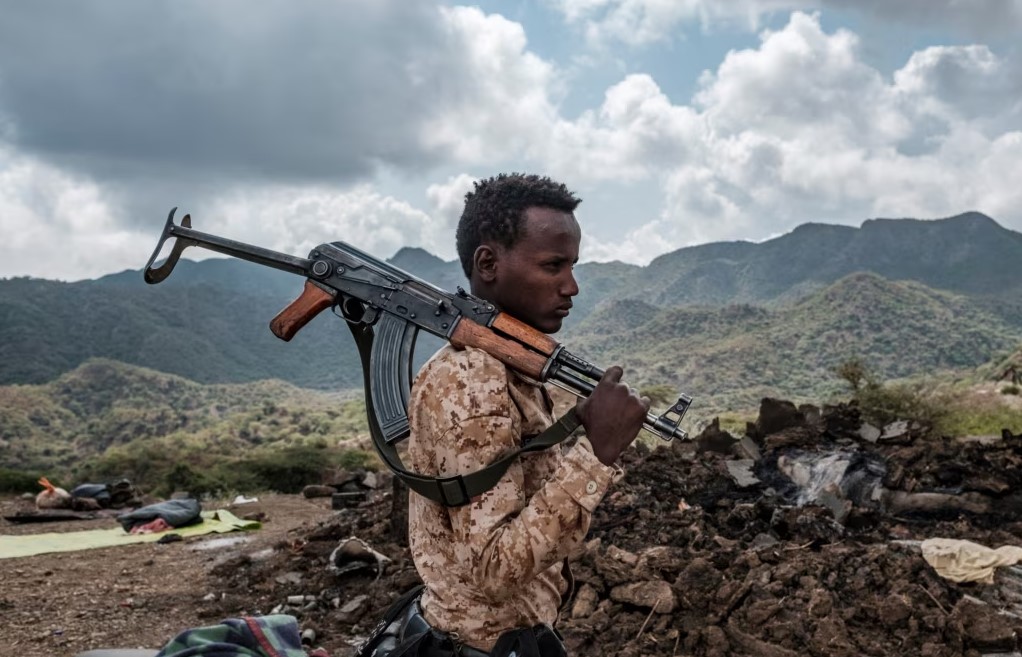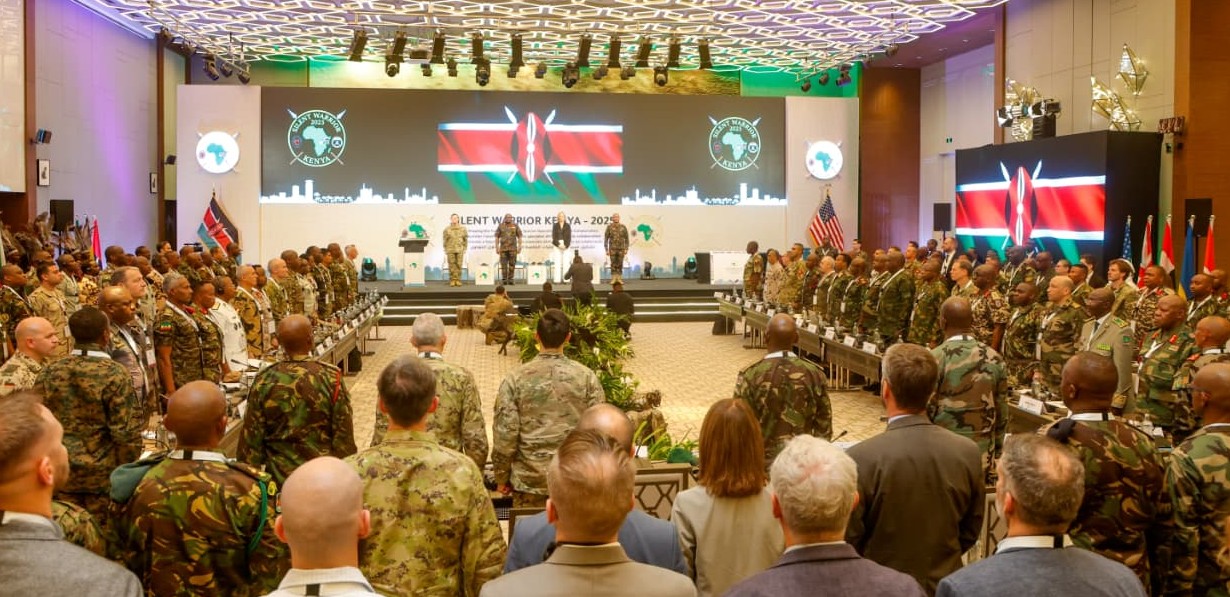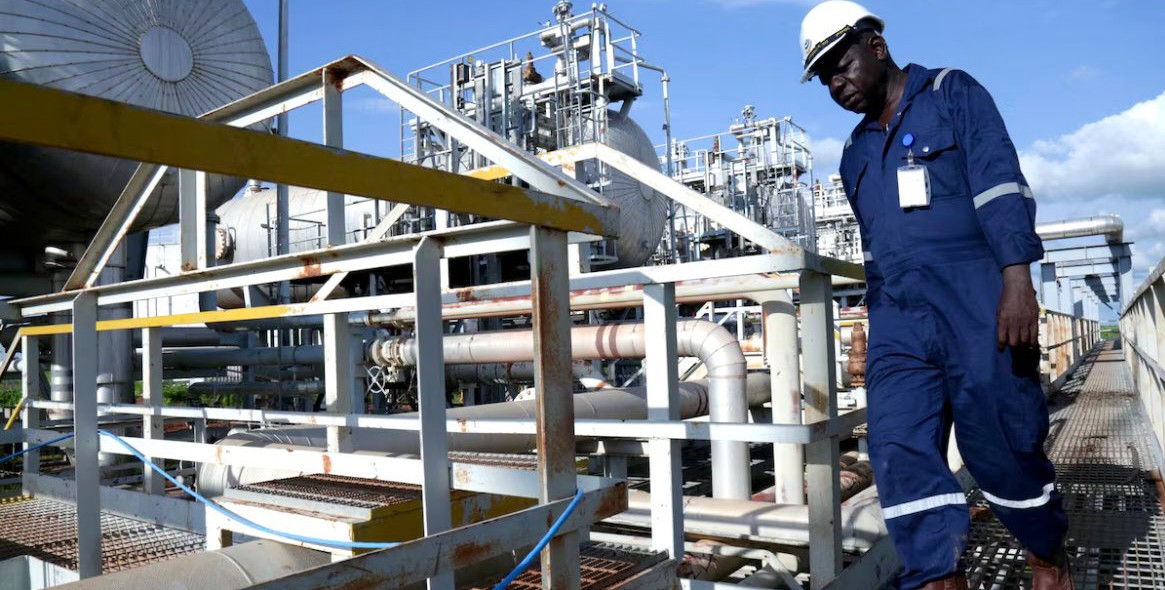Extrajudicial killings, torture, mass detentions: US 2024 report paints grim picture on Ethiopia’s record

According to the findings, local militia groups in Afar, Amhara, Oromia, Gambella, and Somali regions “carried out attacks and killings of civilians, displacing thousands.”
The US Department of State’s 2024 Country Reports on Human Rights Practices for Ethiopia has delivered a stark assessment of the country’s human rights situation, detailing widespread abuses by state and non-state actors in the context of ongoing conflicts in different parts of the country.
The report, drawing on investigations by Amnesty International, Human Rights Watch (HRW), the UN Office of the High Commissioner for Human Rights (OHCHR), the Ethiopian Human Rights Commission (EHRC), and independent media concludes that extrajudicial killings, torture, arbitrary detentions, enforced disappearances, and severe restrictions on freedoms of expression and assembly remained pervasive.
More To Read
- Ethiopia blasts Egypt for escalating hostile rhetoric and rejecting dialogue over Nile waters, GERD
- Faith under fire: How social media fuels rising attacks on religions, followers in Ethiopia
- Daua Dam, irrigation masterplan gain momentum after high-level talks in Nairobi
- Kenya steps up border checks as Ethiopia confirms outbreak of Marburg Virus Disease
- Technology of freedom, risk of violence: Digital divide facing women in post-war Tigray
- Cultural victory as Ethiopia recovers 12 artefacts taken to Germany in the 1920s
The report cites “widespread killings of civilians, mass forced displacement, ethnic cleansing, rape and other forms of violence against women and girls, looting, and destruction of property” committed by Amhara militias and allied groups in western Tigray. It also documents “widespread unlawful killings of civilians and government officials” in the Amhara and Oromia regions and other areas, attributing responsibility to the Oromo Liberation Army (OLA) and Amhara Fano militia.
According to the findings, local militia groups in Afar, Amhara, Oromia, Gambella, and Somali regions “carried out attacks and killings of civilians, displacing thousands.” The report notes that the government “engaged in dialogue with some groups and prosecuted some nonstate actors,” though it does not specify the scale or outcome of these actions.
“Numerous cases of unlawful or extrajudicial killings occurred within the context of continued conflicts in Amhara and Oromia regions and other parts of the country, including Tigray,” the report states.
Mass killings and drone strikes in Amhara and Oromia regions
The report cites an Amnesty International investigation into the massacre in Merawi town, Amhara Region, where ENDF soldiers allegedly rounded up residents from homes, shops, and streets before executing more than 50 people. Amnesty corroborated eyewitness accounts with satellite imagery, describing the killings as “summary executions” and condemning the government’s “lack of credible efforts” to ensure justice.
At least 1,351 civilians were killed nationwide between January 2023 and January 2024, including 740 in Amhara alone. Government drone strikes between August and December 2023 killed 248 civilians and destroyed schools, hospitals, and water facilities.
A drone attack in Amhara region’s Kewet district killed seven teachers during a school gathering, while a simultaneous strike in Molale district killed three civilians and three Fano members.
The report also documents repeated incidents in which the Ethiopian National Defence Forces (ENDF) and regional police allegedly used excessive and lethal force against civilians during ongoing conflicts in Oromia regional state. A February 13 Reuters investigation accused the Oromia Regional Government’s Koree Nageenyaa – translated as “Security Committee” in Afaan Oromoo – of orchestrating widespread abuses, including extrajudicial killings, torture, and arbitrary detentions, with ethnic and religious minorities as well as political opponents among the primary targets.
Of particular mention is the April assassination of Bate Urgessa, a prominent opposition figure from the Oromo Liberation Front (OLF) party, in the town of Meki, Oromia Region. The Ethiopian Human Rights Commission (EHRC) urged an independent inquiry and stressed the importance of justice and accountability. However, no findings had been made public by the close of the year.
War crimes and deliberate starvation
The report recalls the US Secretary of State’s 2023 determination that members of the Ethiopian National Defense Forces, Eritrean Forces and Amhara forces have committed “crimes against humanity” in the Tigray region, whereas all sides have committed “war crimes” during Ethiopia’s two year brutal war that started in Tigray and spread to Amhara and Afar regions.
HRW’s July 2024 report documented attacks on medical facilities, denial of humanitarian access, and deliberate deprivation of food and water.
Refugees International reported that in Tigray, civilians resorted to feeding children cattle feed or forcing them to sleep longer to stave off hunger. The Tigray Bureau of Health found 60% of households were experiencing moderate or severe hunger, higher than during the 2020–2022 war.
Torture and enforced disappearances
Security forces and allied militias allegedly engaged in torture, including flogging, suffocation with pepper-filled plastic bags, beatings with cables and pipes, and deprivation of food and water. The EHRC reported similar abuses in Oromia, including rape and extrajudicial killings.
The EHRC also documented enforced disappearances, noting that authorities “refused to acknowledge the deprivation of liberty or concealed the fate or whereabouts” of detainees. Victims included political figures, journalists, and activists. In one case, Amhara politician Habtamu Belayneh was forcibly disappeared for six months before his release.
Arbitrary detentions and state of emergency abuses
The State Department notes that thousands of people from Amhara and Oromo national groups remained in detention months after the June 2024 lifting of the national state of emergency imposed in August 2023. Detainees were often held in informal facilities, including warehouses and schools, without court orders.
Despite multiple court orders, police routinely refused to release detainees on bail, filing new charges or transferring them to other jurisdictions. Seven Oromo Liberation Front leaders were held for more than four years without charges before being released in September 2024.
Crackdown on press and artistic freedom
The report warns of a deteriorating media environment, with journalists harassed, detained, or forced into exile. The Committee to Protect Journalists reported at least 54 journalists fled Ethiopia since 2020. The government’s August 2023 state of emergency brought sweeping restrictions on speech, assembly, and internet access.
In January 2024, authorities banned the theatre performance Eyayu Fengus Boletika for alleged government criticism. In June, three artists were arrested and accused of terrorism after staging a politically themed play.
French journalist Antoine Galindo was detained in February while interviewing opposition figure Bate Urgessa, who was killed in April under circumstances still under investigation.
Civilian abductions and rising insecurity
Kidnappings for ransom have escalated, with victims including students, aid workers, and civilians. In July 2024, three buses carrying 167 passengers were hijacked in Oromia; ransom demands ranged from Sh1 million (500,000 birr) to Sh1.5 million (700,000 birr) per person. While authorities claimed most hostages were released, families dispute this.
The report included that Eritrean forces were also accused of cross-border abductions in Tigray, with the mayor of Zalambessa reporting more than 100 residents kidnapped in April.
Worker rights and poor labour conditions
While the constitution allows unionisation for most private-sector workers, the report said restrictions, low wages, and poor occupational safety are widespread. There is no national minimum wage, and many industrial park workers earn below the poverty line. Labour inspections are sporadic and under-resourced, leaving workers vulnerable to exploitation.
Refugees and humanitarian concerns
Ethiopia continues to host a large refugee population, but the report warns of growing abuses, including sexual violence, labour exploitation, and clashes with host communities. Thousands of Sudanese refugees remain in forests near the border after militia raids on camps.
Call for accountability
The State Department report concludes that Ethiopia’s human rights crisis is driven by ongoing armed conflicts, weak rule of law, and impunity for security forces and armed groups. It urges the government to investigate abuses, release unlawfully detained individuals, allow humanitarian access, and restore freedoms of expression and association.
The report underscores a consistent failure by Ethiopian authorities to ensure accountability, despite repeated calls from the EHRC and international rights groups. “Both Amnesty International and HRW criticised the government’s lack of credible efforts to provide justice and prevent such atrocities,” it notes.
Top Stories Today












































